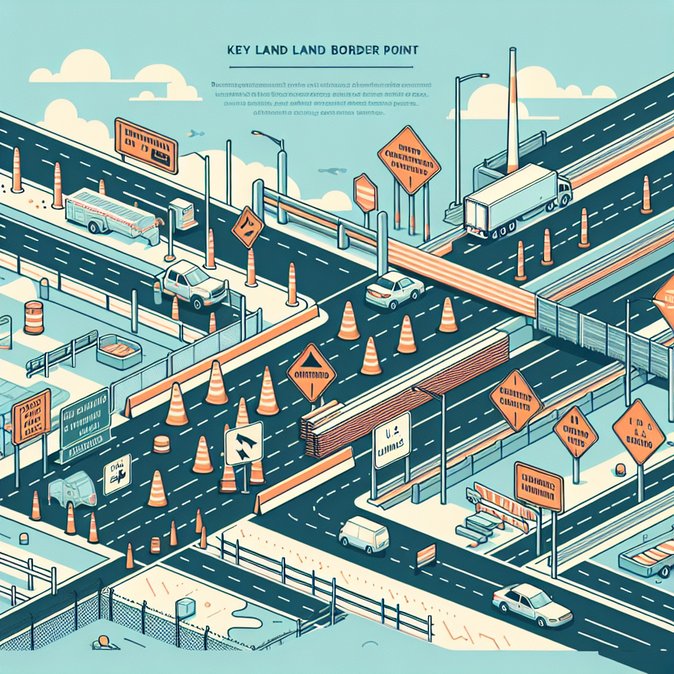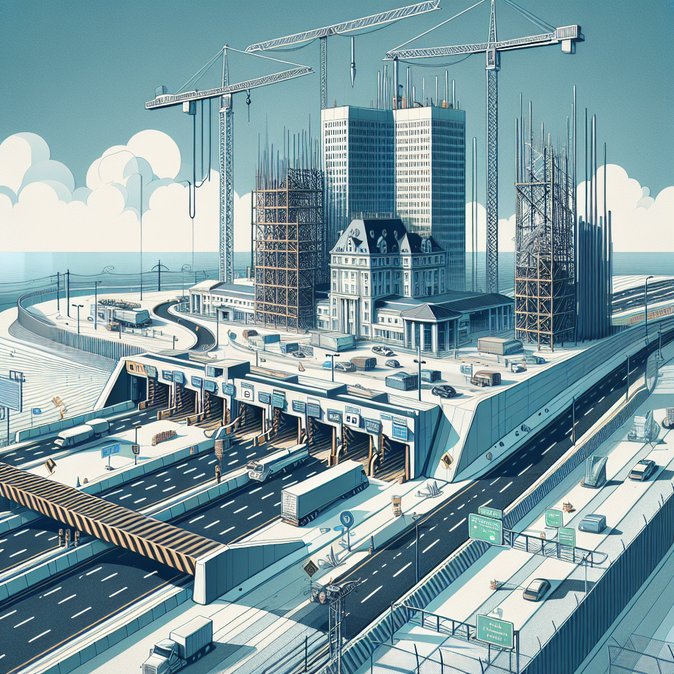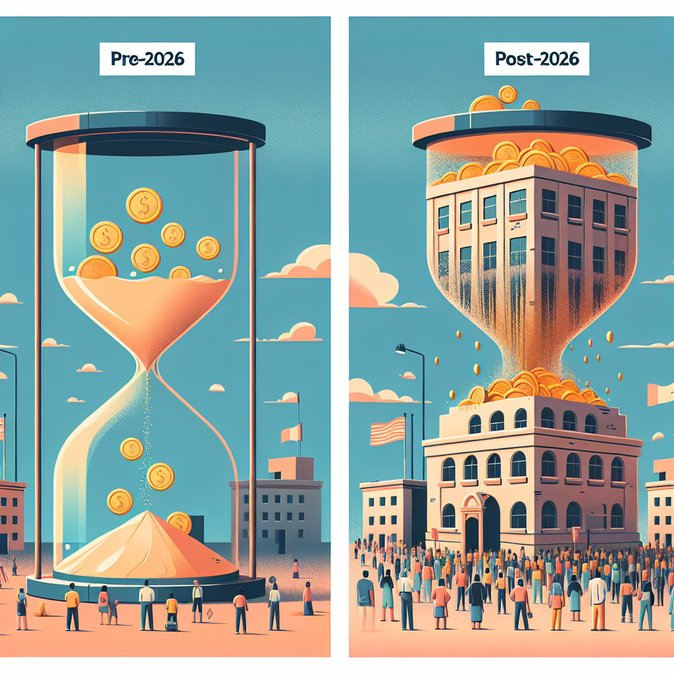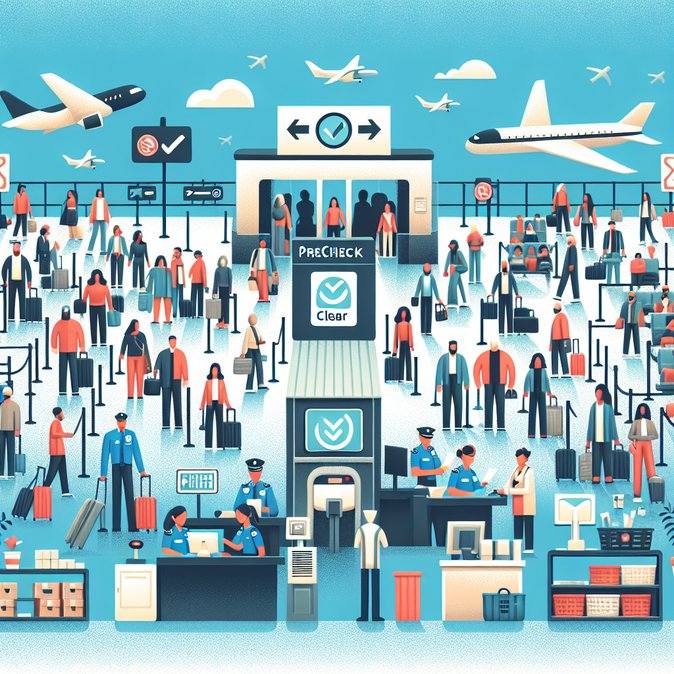
The Canada Border Services Agency (CBSA) confirmed on November 21 that reconstruction at the Saint-Bernard-de-Lacolle port of entry—primary land route between Montreal and New York—will continue through summer 2028. Although the project is led by Canada, it directly affects U.S. motorists and NEXUS users who rely on the corridor for daily cross-border commutes and business trips.
During peak construction phases, southbound commercial lanes may be reduced from six to four, and the trusted-traveler NEXUS booth will operate on reduced hours. CBSA and U.S. Customs and Border Protection are testing a “dynamic lane” concept that can switch between freight and passenger traffic based on real-time volumes. The agencies say wait-time data will feed both the ArriveCAN and CBP Border Wait Times apps.
![Quebec–New York Gateway Modernization May Disrupt NEXUS Travelers Until 2028]()
U.S. companies with manufacturing sites in the Champlain Valley should anticipate shipment delays and consider alternate crossings such as the Thousand Islands Bridge. For mobile employees, HR may need to adjust car-allowance policies or authorize occasional air travel between Burlington and Montréal.
The $800-million overhaul will ultimately add RFID license-plate readers, expanded biometric kiosks, and climate-controlled secondary-inspection bays—enhancements that could cut average car-processing time from 60 seconds to 40 seconds once complete.
During peak construction phases, southbound commercial lanes may be reduced from six to four, and the trusted-traveler NEXUS booth will operate on reduced hours. CBSA and U.S. Customs and Border Protection are testing a “dynamic lane” concept that can switch between freight and passenger traffic based on real-time volumes. The agencies say wait-time data will feed both the ArriveCAN and CBP Border Wait Times apps.

U.S. companies with manufacturing sites in the Champlain Valley should anticipate shipment delays and consider alternate crossings such as the Thousand Islands Bridge. For mobile employees, HR may need to adjust car-allowance policies or authorize occasional air travel between Burlington and Montréal.
The $800-million overhaul will ultimately add RFID license-plate readers, expanded biometric kiosks, and climate-controlled secondary-inspection bays—enhancements that could cut average car-processing time from 60 seconds to 40 seconds once complete.


